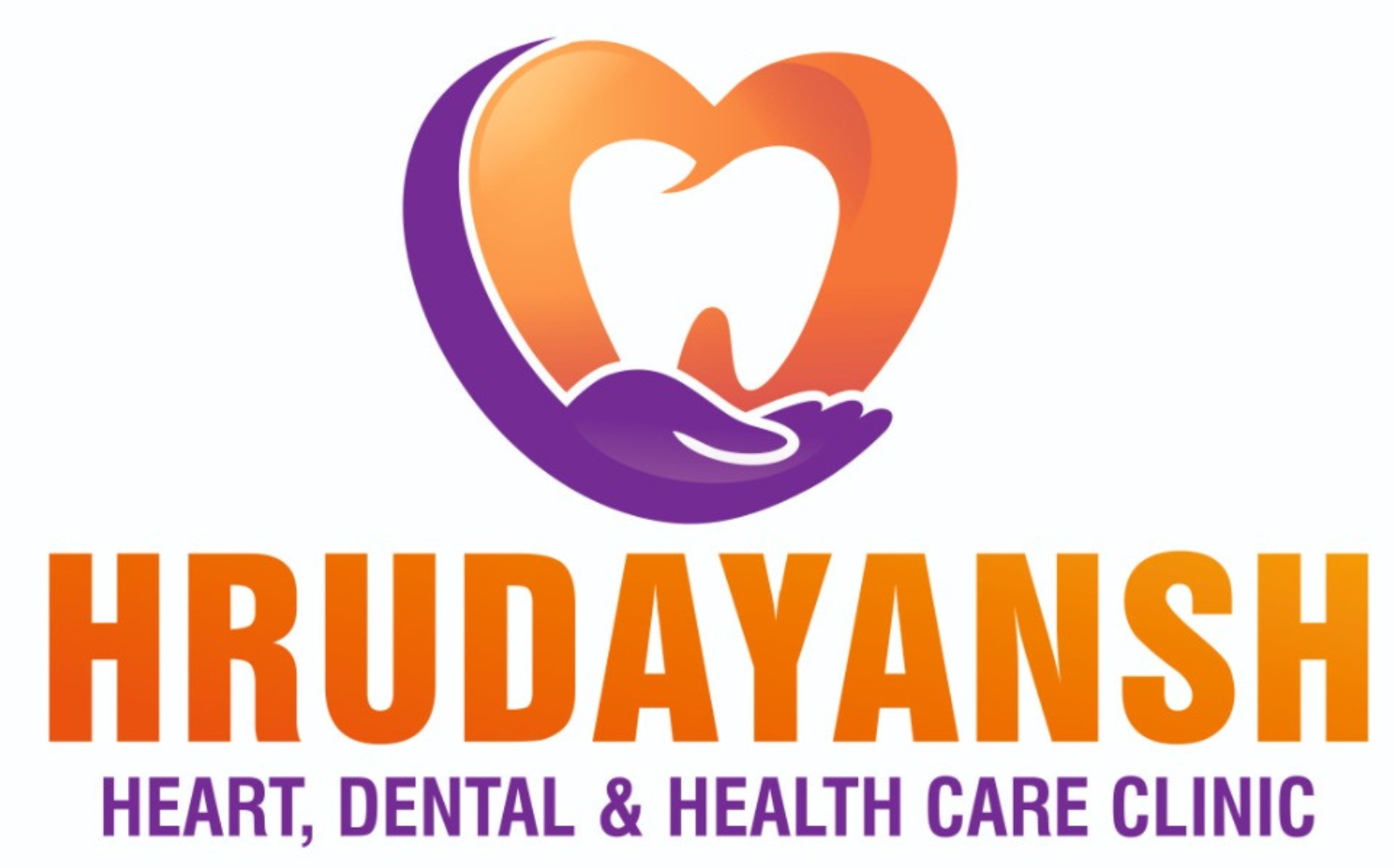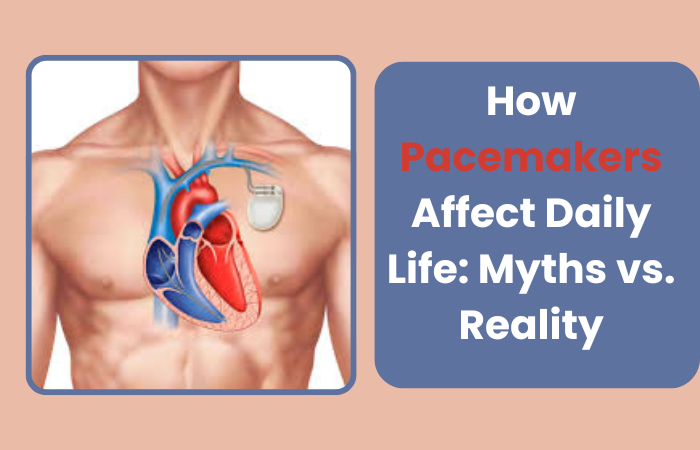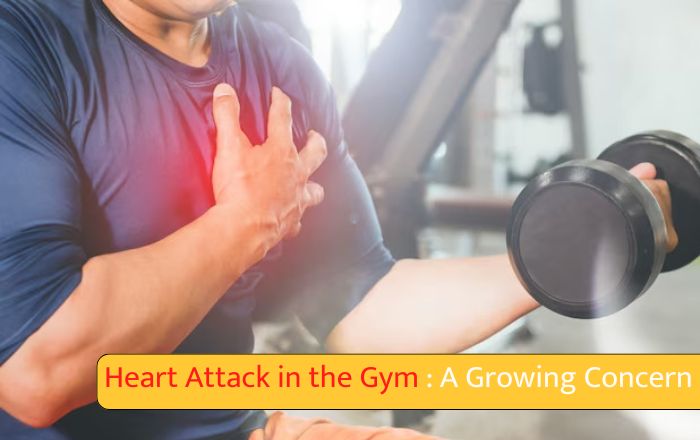Pacemakers are small, life-saving devices implanted to regulate irregular heart rhythms, ensuring the heart beats at a normal rate. Despite their prevalence and the vital role they play, numerous myths surround pacemakers, leading to misconceptions about their impact on daily life. This blog aims to debunk these myths and shed light on the realities of living with a pacemaker.
Myth 1: Pacemakers Are Only for the Elderly
It’s a common belief that pacemakers are exclusively for older adults. However, heart rhythm disorders can affect individuals of all ages, including children and young adults. Conditions such as congenital heart defects, arrhythmias, and heart block may necessitate the implantation of a pacemaker, irrespective of age.
Myth 2: Having a Pacemaker Means a Limited Lifestyle
Many fear that a pacemaker will restrict their daily activities and hobbies. In reality, modern pacemakers are designed to adapt to the body’s needs, allowing individuals to maintain active lifestyles. Post-recovery, patients can often return to exercises, travel, and other activities they enjoyed before the implantation. Doctors may recommend avoiding contact sports, but most other physical activities are completely safe.
Myth 3: Pacemaker Surgery Is Dangerous and Risky
The thought of heart surgery can be daunting, leading to concerns about the risks involved. While all medical procedures carry some risk, pacemaker implantation is generally considered safe and routine. The surgery is minimally invasive, often performed under local anesthesia, and most patients are discharged within a day. Recovery time is short, with many resuming normal activities within a few weeks.
Myth 4: Pacemakers Frequently Malfunction
Some individuals worry about the reliability of pacemakers. However, these devices are built with stringent quality controls and are highly dependable. Regular check-ups ensure that the pacemaker functions correctly, and advancements in technology have significantly reduced malfunction rates. Additionally, pacemakers come with a built-in battery that lasts between 5 to 15 years, and doctors can replace it when needed.
Myth 5: Pacemakers Interfere with Electronic Devices
There’s a lingering concern that pacemakers can be disrupted by common household electronics, such as microwaves. While earlier models required caution, modern pacemakers are shielded against electromagnetic interference, making it safe to use most electronic appliances, including mobile phones and kitchen appliances. However, high-powered magnets and certain medical procedures like MRI scans require special precautions.
Myth 6: You Can’t Travel or Go Through Airport Security with a Pacemaker
Traveling with a pacemaker is entirely feasible. Patients are advised to carry a pacemaker identification card and inform security personnel at airports. While metal detectors may detect the device, alternative screening methods are available to ensure a smooth process. Additionally, most modern pacemakers are designed to withstand exposure to common security screening methods.
Reality: Living a Full Life with a Pacemaker
A pacemaker not only stabilizes heart rhythms but also enhances overall heart function, reducing the risk of complications like heart failure. By preventing arrhythmias, the device significantly improves survival rates for patients with heart rhythm disorders. With proper medical care and lifestyle adjustments, most individuals with pacemakers can lead active, fulfilling lives.
Managing Your Health with a Pacemaker
To ensure your pacemaker functions optimally, follow these key recommendations:
- Regular Check-Ups: Schedule routine visits with your cardiologist to monitor the pacemaker’s performance.
- Medication Adherence: Follow prescribed medications to support heart health.
- Stay Active: Engage in doctor-approved exercises to maintain cardiovascular fitness.
- Monitor Symptoms: Report any unusual symptoms such as dizziness, shortness of breath, or fainting to your doctor.
- Avoid Strong Magnetic Fields: Keep away from high-powered magnets and inform medical professionals about your pacemaker before undergoing procedures like MRI scans.
Consulting a Cardiologist
If you or a loved one are considering a pacemaker or have concerns about heart health, consulting a qualified cardiologist is crucial. In Pune, Dr. Digvijay D Nalawade is a renowned cardiologist known for his expertise and compassionate care. With extensive experience in interventional cardiology, Dr. Nalawade offers comprehensive cardiac care, ensuring patients receive personalized treatment plans tailored to their needs.
Living with a pacemaker is not as restrictive as many believe. By debunking these myths, we hope to provide clarity and reassurance to those considering or already living with a pacemaker. With modern advancements and proper medical guidance, individuals with pacemakers can lead active, fulfilling lives. If you need expert advice, consulting a leading cardiologist in Pune like Dr. Digvijay D Nalawade can help you navigate your heart health journey with confidence.




